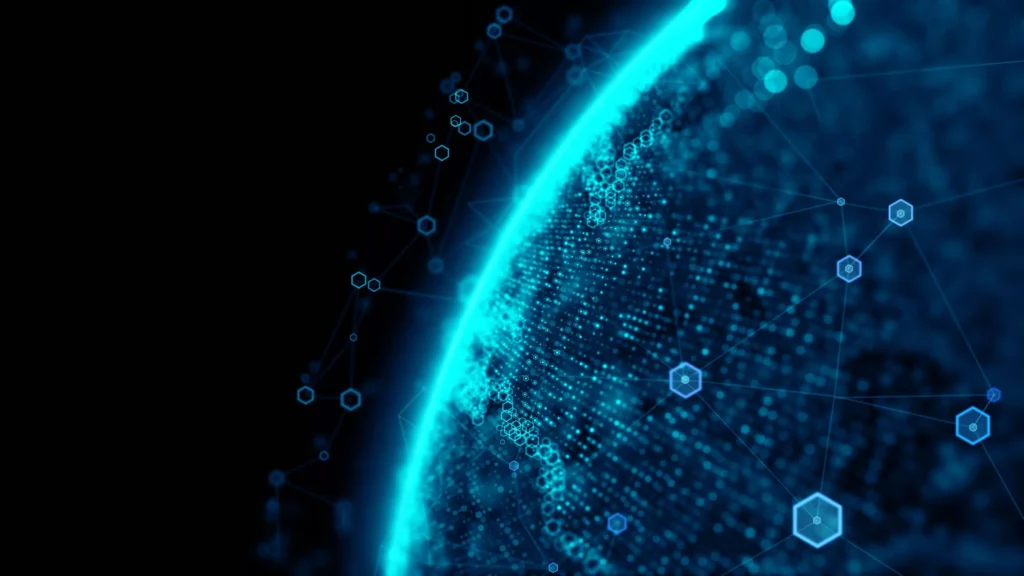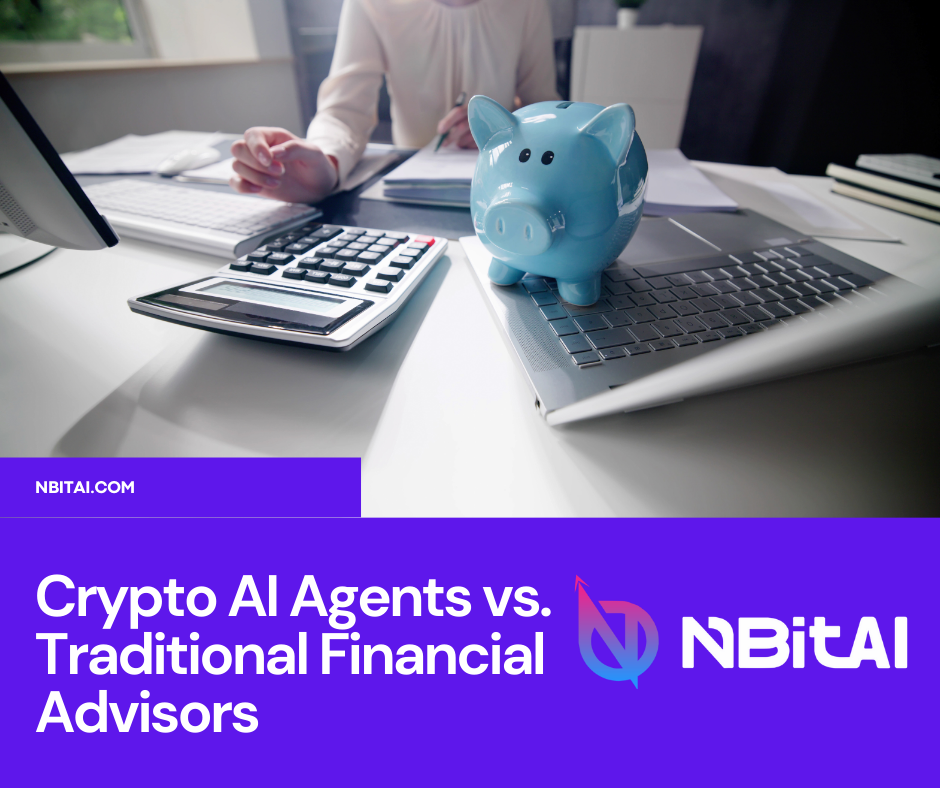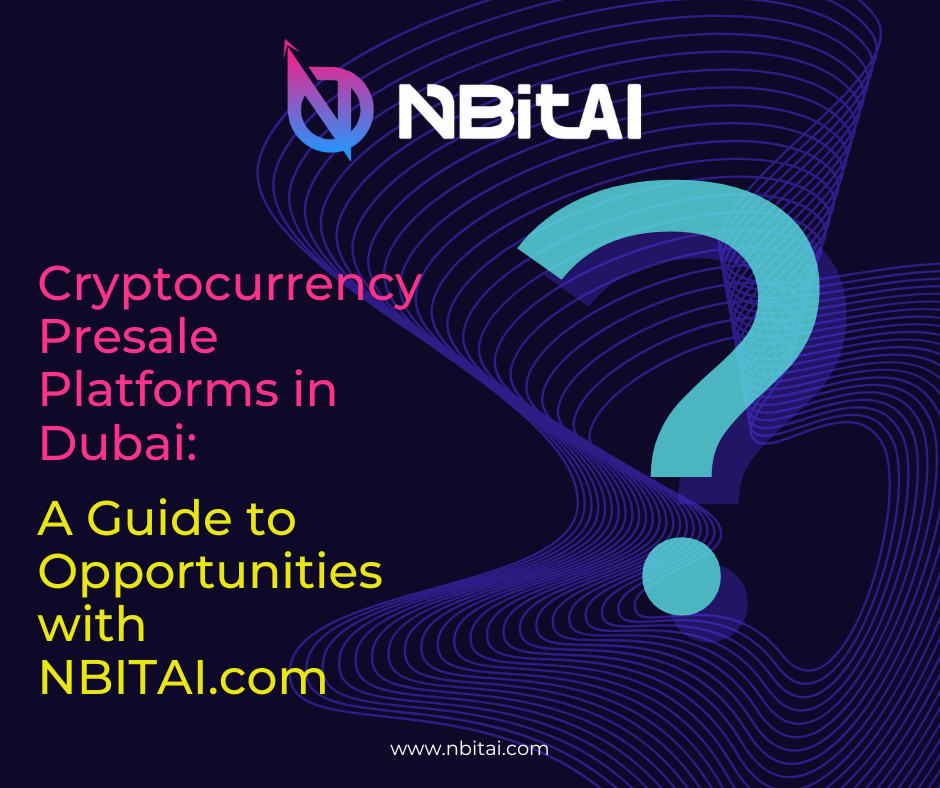As technology evolves, so does the intersection of its most promising innovations. One of the most profound synergies we are witnessing today is the union between Artificial Intelligence (AI) and blockchain technology. Both have independently disrupted industries worldwide—blockchain by decentralizing trust and transactions, and AI by introducing machine intelligence capable of learning and decision-making. Together, they are shaping the future of decentralized networks, opening new frontiers of efficiency, security, and sustainability.
This article explores how AI is transforming blockchain technology, from improving operational efficiency and fraud detection to enhancing privacy and creating more adaptive decentralized applications (dApps). We will delve into the current applications and future possibilities, showing why the convergence of AI and blockchain is poised to become a defining force in technology.
AI and Blockchain: A Powerful Combination
Blockchain’s decentralized nature promises security and transparency, but it often faces challenges related to scalability, speed, and efficiency. AI, on the other hand, excels in data analysis and automation, which can help overcome many of these limitations.
At its core, blockchain is an immutable ledger that records transactions across multiple nodes, ensuring no single point of failure. However, as these ledgers grow larger and the volume of transactions increases, managing and verifying these transactions becomes resource-intensive. AI can step in to make blockchain operations smarter by analyzing network activity in real-time, optimizing processes, and detecting inefficiencies.
For instance, many blockchain networks still rely on consensus algorithms such as Proof of Work (PoW), which consume massive amounts of energy and computational power. AI could replace or augment these consensus mechanisms, predicting the best nodes for transaction validation and dynamically adjusting workload allocation based on network demand. This would not only make blockchain networks faster but also significantly reduce energy consumption.
Enhancing Blockchain Security with AI
One of the most exciting applications of AI in blockchain is in enhancing security. While blockchain is inherently secure due to its decentralized and cryptographic nature, it is not immune to cyber threats. Hacks and fraud attempts can still occur, particularly in decentralized finance (DeFi) platforms and exchanges. AI can serve as a watchdog in this environment, using machine learning models to detect anomalies and flag suspicious activity before it leads to significant damage.
AI algorithms can scan thousands of transactions per second, learning what constitutes normal behavior and identifying deviations that may signal fraud. Moreover, AI can automate many security protocols, ensuring that blockchain networks remain robust even in the face of increasingly sophisticated cyber threats.
For example, AI-powered fraud detection systems could be integrated into cryptocurrency exchanges to monitor for price manipulation, unauthorized access, and money laundering. Such systems would learn and adapt over time, becoming more effective at identifying and preventing emerging threats.
Smarter Smart Contracts
Smart contracts are a foundational element of blockchain technology, allowing automated transactions based on predefined conditions without the need for intermediaries. However, traditional smart contracts are often rigid, following strict logic that does not adapt to changing conditions. AI can enhance smart contracts by making them more dynamic and context-aware.
Imagine a smart contract for insurance claims that, instead of merely checking whether a set of conditions is met, uses AI to assess the full context of an event. For instance, if a natural disaster occurs, the AI could gather data from various sources (weather patterns, news reports, etc.) to verify the event’s legitimacy, process claims more efficiently, and even adjust terms based on the severity of the damage.
This flexibility will be crucial as blockchain moves into more complex industries like supply chain management, healthcare, and legal services. AI-enabled smart contracts can adapt to real-world conditions, making them more practical and reliable for everyday use.
AI and Blockchain in Data Privacy
Privacy is one of the central concerns for both blockchain and AI. While blockchain is often lauded for its transparency, this same transparency can expose sensitive information if not handled correctly. On the other hand, AI systems require vast amounts of data to function effectively, raising concerns about data privacy and security.
By integrating AI with blockchain, we can create systems that balance transparency with privacy. Techniques like homomorphic encryption and zero-knowledge proofs (ZKPs) allow users to perform computations on encrypted data without revealing the data itself. AI can manage this encrypted data, helping blockchain applications ensure both privacy and security.
For instance, AI can help anonymize data on public blockchain ledgers, ensuring that sensitive information remains protected even as transactions are made transparent. This could have far-reaching implications in industries such as healthcare, where patient data must remain confidential while still being shared securely between medical professionals and institutions.
AI for Blockchain Sustainability
One of the major criticisms of blockchain technology, especially for systems using PoW, is its environmental impact. Blockchain mining requires immense computational power, leading to excessive energy consumption. However, AI can be used to create more sustainable blockchain networks.
By analyzing energy consumption patterns and predicting future demands, AI algorithms can optimize the use of resources, reducing the need for energy-hungry processes. For example, AI could dynamically switch between consensus mechanisms based on network load, favoring more energy-efficient processes when transaction volumes are low.
Furthermore, AI could be applied to carbon offsetting initiatives within blockchain systems, automating the verification and tracking of carbon credits. This would add an extra layer of transparency to sustainability efforts, ensuring that green claims are backed by verifiable data.
The Future of AI and Blockchain: A Synergistic Evolution
The combination of AI and blockchain has already started to show significant promise, but the future holds even greater potential. As both technologies evolve, they will likely become more intertwined, driving innovations in areas such as autonomous organizations, decentralized finance, and even government operations.
In the financial sector, AI could enable smarter investment strategies by analyzing blockchain-based assets and predicting market trends. In supply chains, AI could use blockchain data to create fully transparent and efficient systems that automatically respond to changing demands. And in governance, AI-driven decentralized autonomous organizations (DAOs) could make real-time decisions based on blockchain data, eliminating the need for human intermediaries.
Moreover, with the increasing focus on responsible AI development, blockchain’s ability to create immutable records will play a key role in ensuring transparency and accountability in AI systems. Blockchain can provide verifiable records of AI training processes, decisions, and outcomes, helping to mitigate biases and ensure compliance with ethical standards.
Conclusion
The integration of AI with blockchain is poised to revolutionize the way we think about decentralized systems. By enhancing scalability, security, and efficiency, AI is helping blockchain technology overcome some of its most significant limitations. Whether it’s through smarter consensus mechanisms, improved fraud detection, or more adaptive smart contracts, the future of blockchain will be shaped by the intelligence that AI brings to the table.
As these two powerful technologies continue to evolve, their synergy will unlock new possibilities across industries, making decentralized networks more practical, secure, and adaptable to the complex challenges of the digital age. The future of blockchain, powered by AI, is not just a technological evolution—it’s a transformation that will redefine how we interact with data, transactions, and trust in the modern world.






